Posts Tagged "Omnichannel marketing strategies"
Articles
- Best Marketing Conference Sponsorship
- What Does it Mean to Be an Exhibitor at a Conference?
- What Is the Biggest Social Media Conference?
- What Is an Innovation Conference?
- What Is a Typical B2B Event?
- What Are the Cloud Technology Events in 2025?
- Marketing Event Volunteer Opportunities: A Comprehensive Guide
- Digital Marketing Event Volunteer Opportunities Near Me
- What Does a Volunteer Do at a Conference?
- Is DigiMarCon Worth It?
- Is DigiMarCon Good?
- What is the Biggest Marketing Forum?
- What are Digital Marketing Conferences?
- Marketing Conference Exhibiting: Your Guide to Success
- Digital Summit Comparison: A Closer Look at DigiMarCon
- Digital Marketing Conference
- Digital Marketing Events: Your Guide to Success in 2025
- Marketing Conferences: Unlocking Your Business Potential in 2025
- What Is The Future of Digital Marketing in 2030?
- B2B Event Marketing Strategy: Unlocking Success For Your Business
- Why B2B Event Marketing?
- What Should a B2B Marketing Strategy Include?
- Top Marketing Conferences for 2025
- What Is the Future of Marketing in 2025?
Digital Marketing Conferences
- NORTH AMERICA
- DigiMarCon Cruise
(New Orleans, LA, USA) - DigiMarCon West
(Los Angeles, CA, USA) - DigiMarCon Northwest
(Seattle, WA, USA) - DigiMarCon Canada West
(Vancouver, BC, USA) - DigiMarCon Canada
(Toronto, ON, Canada) - DigiMarCon Canada East
(Montreal, QC, Canada) - DigiMarCon Florida
(Orlando, FL, USA) - DigiMarCon Gulf Coast
(Houston, TX, USA) - DigiMarCon Southern California
(San Diego, CA, USA) - DigiMarCon Midwest
(Chicago, IL, USA) - DigiMarCon Mid-South
(Nashville, TN, USA) - DigiMarCon Great Lakes
(Detroit, MI, USA) - DigiMarCon North
(Minneapolis, MN, USA) - DigiMarCon Central
(Kansas City, MO, USA) - DigiMarCon Texas
(Dallas, TX, USA) - DigiMarCon New England
(Boston, MA, USA) - DigiMarCon Mid-Atlantic
(Philadelphia, PA, USA) - DigiMarCon South Florida
(Miami, FL, USA) - DigiMarCon Southeast
(Atlanta, GA, USA) - DigiMarCon Central Florida
(Tampa, FL, USA) - DigiMarCon East
(New York, NY, USA) - DigiMarCon South Atlantic
(Charlotte, NC, USA) - DigiMarCon America
(Washington, D.C. USA) - DigiMarCon Northern California
(San Francisco, CA, USA) - DigiMarCon Rocky Mountains
(Denver, CO, USA) - DigiMarCon South
(San Antonio, TX, USA) - DigiMarCon Silicon Valley
(San Jose, CA, USA) - DigiMarCon Orange County
(Anaheim, CA, USA) - DigiMarCon Southwest
(Phoenix, AZ, USA) - DigiMarCon World
(Las Vegas, NV, USA)
- DigiMarCon Cruise
- LATIN AMERICA
- EUROPE
- MIDDLE EAST
- AFRICA
- ASIA PACIFIC
- DigiMarCon Hawaii & Pacific
(Honolulu, HI, USA) - DigiMarCon Asia & Japan
(Tokyo, Japan) - DigiMarCon New Zealand
(Auckland, New Zealand) - DigiMarCon Australia
(Sydney, Australia) - DigiMarCon Oceania
(Melbourne, Australia) - DigiMarCon Southeast Asia
(Singapore) - DigiMarCon India
(New Delhi, India) - DigiMarCon North Asia & China
(Shanghai, China)
- DigiMarCon Hawaii & Pacific
- VIRTUAL
Digital Marketing Blog
- What Makes DigiMarCon Stand Out (And Is It Worth It?) October 30, 2025
- Is DigiMarCon Worth Attending? A Complete Breakdown October 29, 2025
- DigiMarCon for Startups: Why Founders Shouldn’t Miss It October 29, 2025
- DigiMarCon Recap: What Went Down and What’s Next October 29, 2025
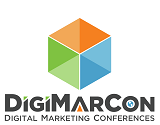


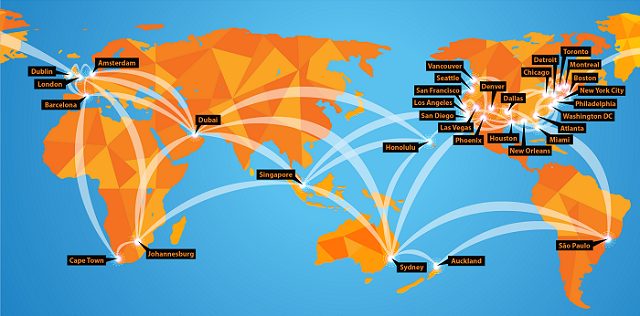


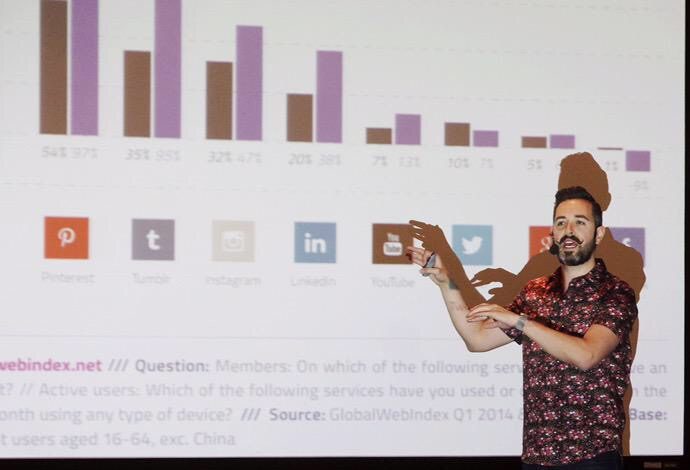




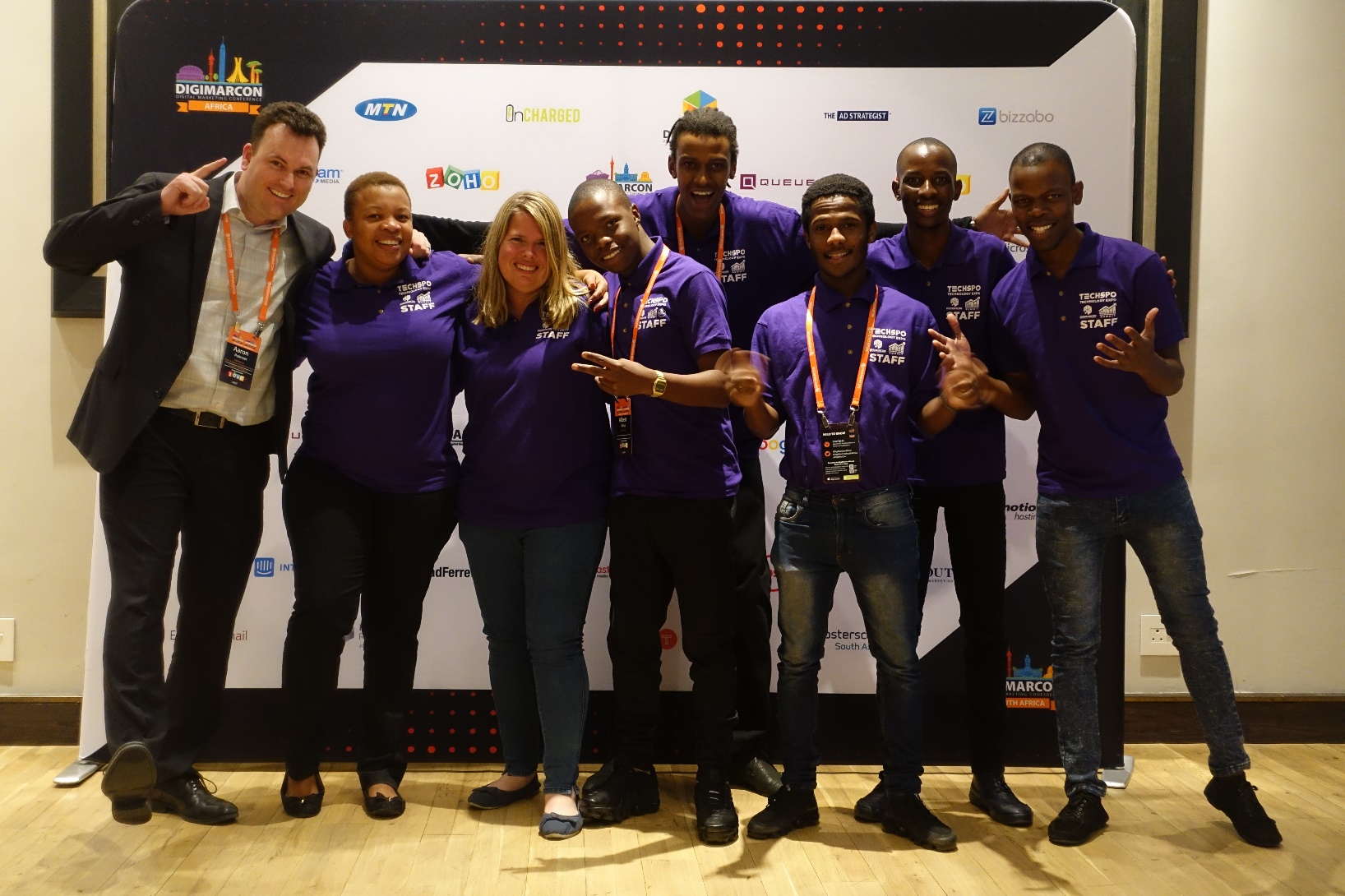





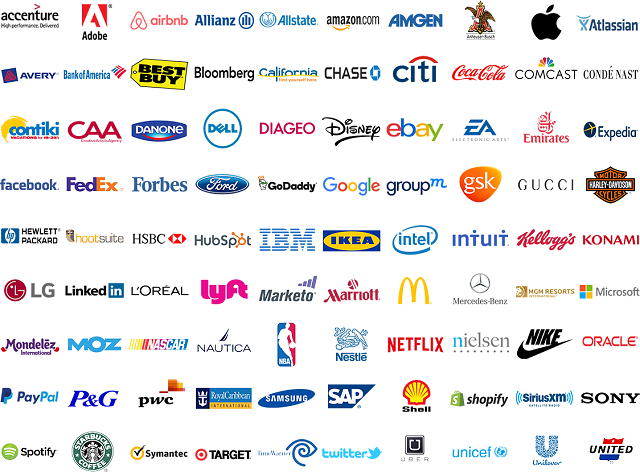















Predictive Analytics & Attribution: Insights for Success
In today’s world, knowing how customers behave is key to success. Predictive analytics and attribution help businesses understand their marketing better. This way, they can make smart choices and grow.
Marketers can now analyze complex data and see how their efforts pay off. This changes the game by helping them improve their plans. They can use their resources better and reach their goals.
Key Takeaways
The Data Revolution in Marketing
Data is changing marketing in big ways. Marketers now have lots of data to help them make smart choices. This move to data-driven marketing is changing how businesses talk to customers and plan their strategies.
Marketing data analysis is key in this change. It helps marketers know what customers want, see how well campaigns do, and find new chances. With the right tools, businesses can really get to know their audience and make their marketing better.
The data revolution has many benefits for marketing. It leads to better targeting, happier customers, and easier ways to measure success. As marketers use data more, they can grow their businesses and keep up with the fast-changing market.
What is Predictive Analytics & Attribution?
Marketers need to understand predictive analytics and attribution to boost their campaigns and ROI. Predictive analytics uses past data, models, and algorithms to guess what customers will do next. Attribution is about figuring out which marketing steps led to a customer’s action.
Predictive modeling is a big part of predictive analytics. It helps marketers guess when customers will buy or leave. By looking at lots of data, models find patterns and predict what will happen next. This lets marketers make smart choices.
When predictive analytics and attribution work together, marketing gets better. Businesses can guess what customers will do and see which marketing works best. This way, they can make their campaigns better and use their resources wisely.
Using predictive modeling helps marketers stay ahead. They can make choices based on data, which grows their business.
The Business Case for Advanced Analytics
Advanced analytics is changing the marketing world. It helps make data-driven decision making possible. Marketers can now improve their campaigns, leading to better ROI and more customer engagement.
The case for advanced analytics is strong. It lets marketers go beyond guessing. They use real data to make their strategies. This way, businesses can spend their marketing money wisely, focusing on the most promising customers.
Using advanced analytics, companies can stand out in the market. They can find new chances, guess what customers will do next, and tailor their marketing. This leads to big wins in marketing, helping businesses grow and make more money.
Essential Attribution Models for Marketers
In the world of digital marketing, attribution models help marketers understand how different efforts lead to sales. They are key to seeing how marketing actions add up to customer conversions.
Linear Attribution gives equal credit to all touchpoints. It’s good for marketers who see every interaction as important. But, it might not show the real impact of each touchpoint.
Linear Attribution
Linear attribution assumes every touchpoint has the same effect. It’s simple but might not capture the full story of the customer’s journey.
Time-Decay Attribution
Time-decay attribution values touchpoints closer to the sale more. It’s great for long sales cycles, where recent interactions matter a lot.
As
, picking the right model is crucial for marketing success.
Position-Based Models
Position-based attribution focuses on the first and last touches. The middle interactions get some credit too. It highlights the start and end of the customer’s journey.
Marketing attribution software is essential for using these models. It helps marketers make better decisions about their campaigns. With the right model, businesses can use their resources wisely.
Machine Learning Algorithms Powering Predictive Marketing
Machine learning algorithms are key to predictive marketing. They help businesses make smart choices based on data. These algorithms look at big datasets to spot patterns and guess what customers might do next.
The top machine learning tools in predictive marketing are decision trees, random forests, and neural networks. Decision trees help sort customer data. Random forests deal with complex data interactions. Neural networks find hidden patterns in big datasets.
Using these machine learning algorithms, companies can really get to know their customers. They can then create marketing plans that hit the mark. This keeps them ahead of rivals and boosts sales.
The role of machine learning in predictive marketing will keep growing. Keeping up with new tech in this area is crucial. It helps businesses stay sharp in a fast-changing market.
Customer Journey Tracking Fundamentals
Understanding customer journey tracking is key for businesses to improve their marketing. It involves watching and analyzing how customers interact with different channels. This gives insights into what customers like and do.
Good customer journey tracking helps find and fix problems in the customer path. It lets businesses make smart choices to better the customer experience and increase sales. With advanced analytics and machine learning, businesses can really get to know their customers.
Customer journey tracking gives a full picture of how customers interact with a brand. It shows how they move through marketing channels like social media, email, and websites.
By using strong customer journey tracking, businesses can make their marketing better. They can make customers happier and grow their sales. As marketing changes, tracking the customer journey will be more important for businesses to stay ahead.
Building Effective Predictive Models
Effective predictive models are key to data-driven marketing. Marketers must first pick the right data. This means finding customer behaviors, transaction data, and outside factors that affect marketing.
Next, they need to choose the right algorithms for their models. Algorithms like regression, decision trees, and neural networks are used based on data complexity and marketing goals. For example, regression helps predict things like customer lifetime value. Classification algorithms help find customer groups.
After picking data and algorithms, validating model performance is crucial. This means testing the model on past data to check its accuracy. Adjustments are made as needed. Cross-validation helps make sure the model works well and isn’t too tied to the training data.
By following these steps and improving their models, marketers can better predict customer actions. This leads to more effective marketing campaigns and business growth through data insights.
As marketers get better at predictive modeling, they’ll handle modern marketing’s complexities better. They’ll reach their strategic goals more easily.
Advanced Data Analytics Applications in Marketing
Advanced data analytics is changing marketing by giving insights that lead to success. It uses predictive analytics to guess what customers will do next. This helps marketers plan better.
One big use of advanced data analytics is customer segmentation. It helps businesses find and target specific groups of customers. This way, they can make marketing that really speaks to each group.
Personalization is another big win for advanced data analytics. It lets businesses tailor experiences based on what customers like. This makes customers more engaged and likely to buy.
Advanced data analytics also helps in optimizing marketing campaigns as they go. Marketers can see how well their campaigns are doing. Then, they can make changes based on what the data shows.
Marketing Attribution Software Landscape
Marketing attribution software is key in today’s data-driven marketing world. It helps shape marketing decisions. The software landscape is wide, meeting different business needs and sizes.
The marketing attribution software market has many solutions. You can find simple tools and complex platforms. Look for features like:
Choosing the right marketing attribution software depends on your business needs. Small businesses might want easy-to-use tools that are affordable. Large companies might need scalable software with advanced features.
The marketing attribution software world is always changing. New players and features pop up often. Marketers need to keep up with these changes to get the most from their investments.
Predicting Customer Behavior for Competitive Advantage
To beat the competition, businesses need to use predictive analytics. This helps them understand what customers want. They can then offer what customers need and grow their business.
Predictive analytics lets companies look at past data and current trends. This way, they can guess customer behavior prediction. This knowledge helps them find new chances, make better marketing plans, and keep customers interested.
Some important ways to guess customer behavior include:
By using these methods, businesses can stay ahead. They get a big
In short, customer behavior prediction is key for businesses wanting to do better than others. With predictive analytics, companies can make smart choices and succeed in the long run.
Overcoming Implementation Challenges
The path to using predictive analytics and attribution is full of obstacles. These can slow down even the best plans. Marketers face many hurdles, like bad data, lack of technical skills, and resistance to change.
Data quality is key for good predictive analytics. Your data must be right, complete, and on point. This means doing data checks often and having strong data rules. Data cleansing helps fix problems like wrong data, mixed formats, and missing info.
Not having the right technical skills is another big problem. To solve this, offer training to improve your team’s skills. Or, work with outside experts or use cloud-based analytics tools for help.
Addressing Organizational Resistance
Getting people to accept change is hard. But, you can do it with good change management. Explain the good things about predictive analytics and attribution well. Show how it works by getting early wins. Also, make sure everyone involved in the process.
By tackling these issues, marketers can make predictive analytics and attribution work. This leads to better data-driven decision making and stronger marketing data analysis skills.
Conclusion: The Future of Predictive Analytics in Marketing
Marketers face a complex world of customer engagement. Predictive Analytics and Attribution are key to success. They help businesses use data to improve strategies, enhance customer experiences, and boost revenue.
The future looks bright for predictive analytics in marketing. Advances in machine learning and AI will lead to better predictions and more personalized interactions. Keeping up with these advancements is crucial for staying competitive.
Marketers who use predictive analytics and attribution can grow their businesses. They can see better returns on their investments and run more effective campaigns. As the field evolves, predictive analytics will become even more vital for success in a fast-changing market.
FAQ
What is predictive analytics and how does it apply to marketing?
Predictive analytics uses past data and algorithms to guess future events. In marketing, it helps guess what customers might do next. This guides marketing plans.
How does attribution modeling help marketers understand their campaigns?
Attribution modeling shows how campaigns affect customers. It assigns credit to each touchpoint in the customer’s journey. This helps marketers see which efforts bring the most results.
What are some common attribution models used in marketing?
Marketing uses models like linear, time-decay, and position-based attribution. Each model works differently, depending on marketing goals and data.
How can machine learning algorithms be used in predictive marketing?
Machine learning analyzes big data to predict customer actions. It builds models that forecast what customers might do next. This guides marketing strategies.
What is customer journey tracking and why is it important?
Customer journey tracking follows how customers interact with a brand. It’s key because it shows how customers engage with the brand. It helps spot areas for improvement.
How can marketers overcome implementation challenges when adopting predictive analytics and attribution?
Marketers can tackle challenges by having good data and the right tools and people. They must also explain the value of these tools to others.
What is the role of data analysis in predictive analytics and attribution?
Data analysis is crucial for predictive analytics and attribution. It helps marketers find insights and build models that predict customer actions.
How can predictive analytics be used to drive marketing innovation?
Predictive analytics can spark new ideas in marketing. It helps spot opportunities, meet customer needs, and improve marketing strategies. It also makes customer experiences more personal and boosts ROI.